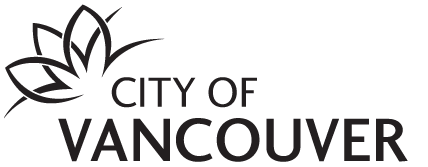Talks
Vancouver Institute for Social Research: Samir Gandesha
3 November 2014
7:00PM

Convened by: Jonathan Middleton, East Vancouver Young Hegelians
Participants: Samir Gandesha
The Vancouver Institute for Social Research (VISR) is an independent, para-academic, graduate-level, theory-based free school that began in Feb. 2013. Our intent is to move beyond the borders of the traditional university and to open up a more accessible platform in the city for the engaged discussion of critical theory.
The Institute’s third session, which will be organized around the theme of “Aesthetics and Politics,” will be held from Sept – Dec, 2014. Once a week on Monday evenings from 7-9 pm at the Or Gallery (555 Hamilton Street), we will be inviting professors to present on topics of their choice over this period.
Though we have an operational budget of $0, the seminars will be free to the public. All professors will be offering their services on a voluntary basis.
Organized by the East Vancouver Young Hegelians
Chapter 13 (Negating the Negation Faction)
Samir Gandesha — The ‘Neo-Liberal Personality’ and the Politics of Disgust
In 2008, the global capitalist order experienced its worst crisis since October, 1987, if not, of the stock market crash and ensuing Great Depression of the 1930’s. Despite evidence that neo-liberal policies were responsible, for example, of the deregulation of financial markets, neo-liberal austerity policies continue to be rolled out in most of the advanced industrialized world. Indeed, in Britain, a key early laboratory of neo-liberalism (along with Pinochet’s Chile), austerity policies continue to exact a particularly harsh toll on the poor and much of the middle class. Far from being contested in England, however, neo-liberalism has become so normalized that, according to a recent article in the Guardian, Durham City Council has adapted the board game Monopoly to enable it to engage in public consultations to ascertain not whether further cuts to social services ought to be made but how and where such cuts ought to be carried out. Would the council make its next round of cuts to the arts or to local health-care services? Austerity, it would appear, can be participatory and fun. Neo-liberalism raises, therefore, a question posed by the Frankfurt School after “the moment to realize philosophy was missed” that is, in the aftermath of the ill-fated revolutionary reverberations throughout Europe sparked by the moment of 1917, and identified by Deleuze and Guattari, in the aftermath of May, 1968: namely, how do people come to love the conditions of their own domination? This becomes a central question for the struggle for alternatives to a social order whose current trajectory spells catastrophe on a planetary scale. As a provisional contribution towards answering this question, the talk will pose the possibility of a concept of the “neo-liberal personality.”
Participant Bios
Samir Gandesha
Samir Gandesha is the Director of the Institute for Humanities at SFU.


